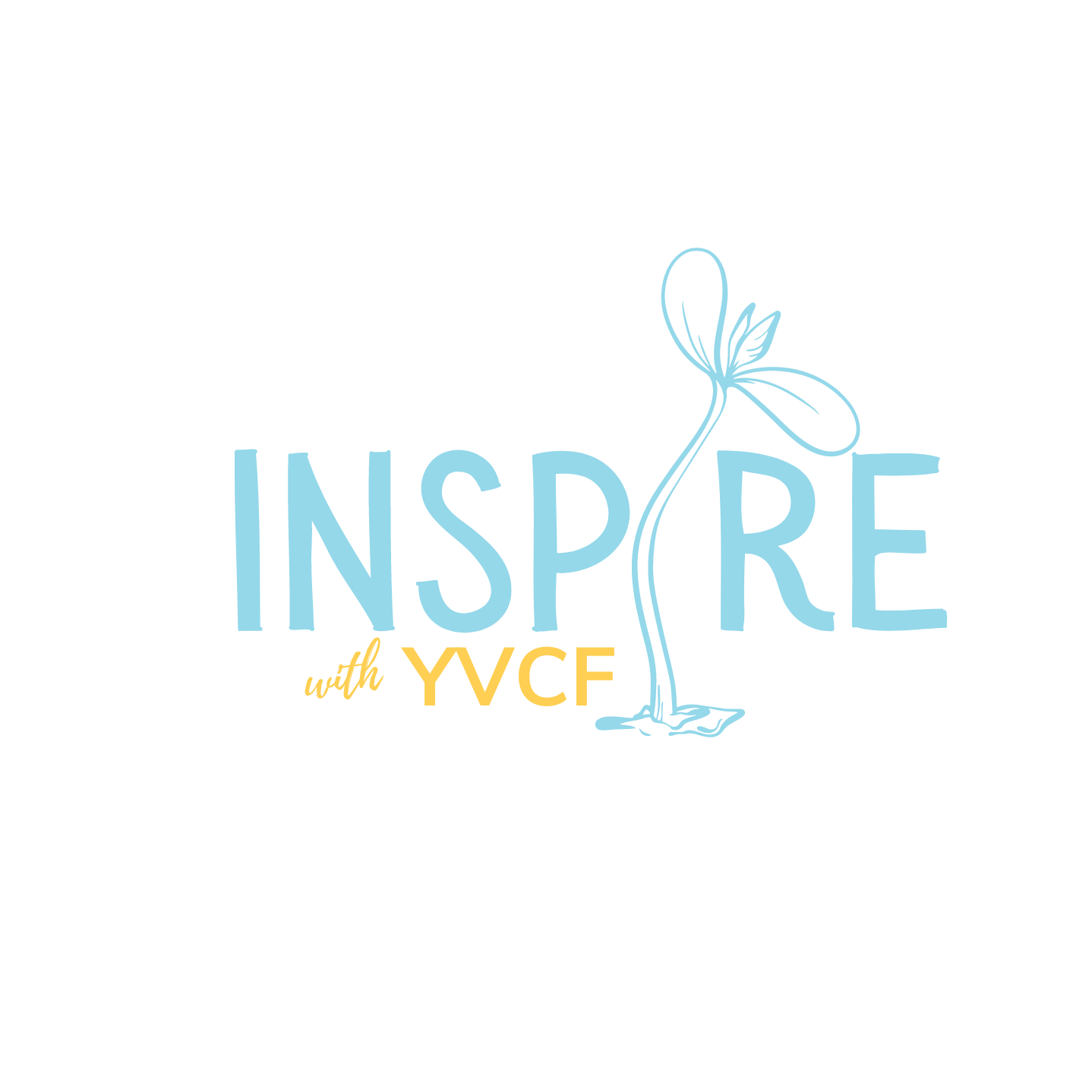Leave a Legacy
It’s never too early to plan for the future - whether for the transition of your business or your estate.

It’s never too early to plan for the future - whether for the transition of your business or your estate.

With a little planning and even a modest allocation of assets identified, your assets can strengthen your community and fund areas of our community important to you to ensure they are here for your children, grandchildren, and future generations. The most common types of planned giving are bequests in a will, charitable gift annuities, charitable remainder trusts, life insurance, retirement accounts, charitable lead trusts, and life estate arrangements. Your future gifts can be for an organization you want to invest in or for the general betterment of the Yakima Valley.
We will work closely with you and your financial advisors to set up the type of planned giving program that’s best for you.

We invite you to join us as a charter member of Inspire, YVCF’s newly established Legacy Circle. Many people have shared their intentions to include their existing YVCF fund in their estate plans, establish a new fund for heirs to continue a family’s legacy, or their intent to invest in Yakima’s future through YVCF’s Founders Fund.
What makes Inspire different than other Legacy Circles?
If you would like your designated heirs involved in grant making, your will or living trust can be used to create a donor advised fund or supporting organization. Alternatively, we can manage grant making for you in one of our fund types.
The IRA charitable rollover provision allows individuals over age 70½ to donate up to $100,000 to charitable organizations directly from their Individual Retirement Account (IRA), without treating the distribution as taxable income. Gifting can be accomplished with appreciated stock, enabling you to take a charitable deduction for the fair market value of the stock and avoid capital gains tax.
In a charitable remainder trust, you donate the tree but keep the fruit for your lifetime.
A charitable remainder trust provides you and/or other individuals for a payment stream (the income interest) for life or for a term of up to 20 years. When the trust ends, its assets (the charitable remainder interest) are distributed to one or more charitable organizations. A charitable remainder trust is irrevocable and must meet certain IRS requirements. You may serve as trustee, appoint an independent trustee, or ask us to act as trustee. You may save income taxes and/or estate taxes when establishing this type of trust.
In a charitable lead trust, you donate the fruit for a specific time period but leave the tree to your heirs.
A charitable lead trust enables you to make significant charitable gifts while living, with an eventual transfer of substantial assets to individual beneficiaries. We receive annual payments from the trust for a certain number of years or a period measured by the lives of one or more family members. The amount paid by the trust may be distributed to charities specified by you or added to a donor advised fund or any other type of fund we administer. When the trust terminates, its remaining assets are distributed to your children or other heirs you designate; applicable gift and estate taxes are reduced or even eliminated. In some cases, a charitable lead trust can also be structured to provide income tax benefits.
Life insurance can be a flexible and important component of charitable giving. You can donate an older policy that you no longer need or take out a new policy to fund a major charitable project. Life insurance offers a unique way to leverage relatively modest annual payments into a sizable charitable gift.
Issuance of charitable gift annuities (CGAs) is regulated in Washington State, and those regulations require the issuing organization to make annual filings and fund reserves necessary to insure payment to the annuitant. We are licensed to issue charitable gift annuities and do so in partnership with PGCalc. A powerful tax- and economically-effective planned giving tool, a properly structured CGA allows you to achieve two objectives: make a significant gift to the charity and, in return, obtain a fixed stream of income for the specified annuity period.
In a typical CGA arrangement, you transfer cash and/or other property (publicly-traded securities or real estate) to a qualified organization in exchange for the organization’s legal commitment to pay an agreed-upon amount annually (or more frequently) for your lifetime.
The gift is determined by excess of the value of the cash and/or property transferred to the organization over the value of the annuity the organization has promised to pay you. This excess is also the measure of your charitable income tax deduction. The deduction arises because the organization receives cash and/or property in return for its obligation (the annuity payments) that is greater than you would have paid for the same annuity from a commercial carrier. In other words, your “over-payment” generates the charitable deduction.

Use the calculator below to see all the good you can accomplish with an endowed charitable fund in your name. Choosing an endowed fund gives you the power to make a difference today, helping to tackle immediate needs and challenges. But our skillful stewardship will also ensure your endowed fund grows over time, so that it’s still making an impact for many generations to come.